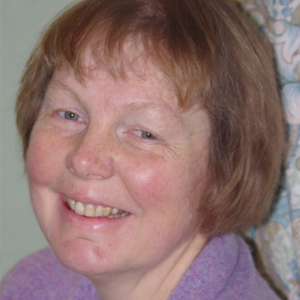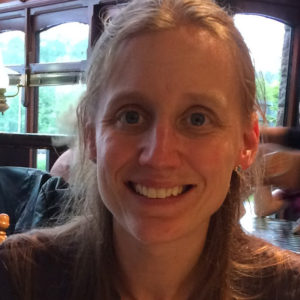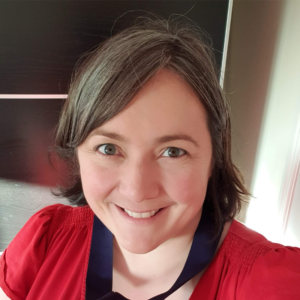University of Strathclyde
Founded in Glasgow in 1796 as ‘a place of useful learning’, we are a Leading Technological University with around 23,000 students from more than 100 nations. It has an international reputation for teaching excellence with a five-star Overall Rating in the QS Stars University Ratings. The University won Times Higher Education University of the Year 2019 – the only university to be awarded the UK-wide award for a second time. The University of Strathclyde has also been awarded the Queen’s Anniversary Prize for Higher and Further Education, the highest national honour conferred on the Higher Education sector. The award that recognises world-class excellence and achievement at academic institutions which show “quality and innovation” and deliver “real benefit to the wider world and public through education and training.”
The University prides itself on upholding its founding mission, of being socially progressive and makings a positive difference to the lives of its students, to society and to the world. Strathclyde was recently recognised with an award for Widening Participation Initiative of the Year.
We have expertise in bringing cutting edge science to life for all learners, regardless of who or where they are
Jane Essex

Jane Essex is a senior lecturer in chemistry education, with teaching and supervision responsibilities on the PGDE chemistry. She also contributes to the teaching of STEM education (science, technology, engineering and mathematics) on BA routes and the MA programme, as well as supervising research students from BA through to PhD routes.
She taught science, specialising in Chemistry, in schools in various parts of England before moving to Higher Education; she retains a keen interest in all aspects of school science. This is her third Initial Teacher Education post and she is an enthusiastic advocate of the Scottish education system.
Jane is an active member of the Royal Society of Chemistry (RSC) and was awarded Fellowship of the RSC in 2013. She currently serves on the on the Disciplinary Committee of the RSC, and on the committee of the RSC’s Glasgow and west of Scotland local section. This involvement enables her to stay informed about developments on the field of chemistry, and specifically chemistry education, locally, nationally and globally.
Jane is highly involved in the chemistry education research community and is keen that classroom practice should be securely based on research evidence. She is currently the chair of the RSC’s Chemistry Education Research Group, and leads the group’s Teacher-Researcher Fellowship scheme.
Beyond her work in teacher education and science education research, her major research and professional focus is inclusive science education, as part of which she is highly active in science outreach. Her ‘signature’ events are two inclusive and accessible Salters’ Chemistry Festivals and a Young Chemical Ambassadors’ day, which she runs annually in collaboration with the Departments of Pure and Applied Chemistry and the Department of Chemical & Process Engineering.
Ingeborg Birnie

Ingeborg Birnie is a lecturer in the School of Education at the University of Strathclyde where she contributes to the teaching on undergraduate and postgraduate programmes as well as supervising a range of research students. She has over a decade of experience working with young people in different educational settings including in a nursery and primary setting, but also as secondary Physics and Science teacher. During this time, she organised and ran a range of out-of-school STEM related activities for different age-groups to enhance the profile of STEM subject across the school and encourage young people to engage with all different aspects of science.
More recently Ingeborg has been working in the field of languages, and in particular minority languages to develop new and innovative ways to evaluate and support minority language use in a range of different contexts. This has included the organisation of an arts-performance based workshop to explore bilingualism and cultural heritage and the impact on families and communities. Her research work has attracted funding from Bòrd na Gàidhlig and Soillse.
She is an expert member of the Early Language Learning group of the European Centre for Modern Languages where she is involved in developing a programme that aims to make early language learning in educational contexts visible through a range of methods and therefore possible to identify, understand and document language learning of children, creating opportunities to progress along their language learning pathways.
Kirsty Ross

Kirsty Ross is a microbiologist by training and has extensive experience working across three of Scotland’s Higher Education Institutions (St Andrews, Strathclyde and Edinburgh) in the field of public engagement with research. Equity has always been a key driver in her approach to engagement.
She is currently the Outreach Officer for the EPSRC & MRC Centre for Doctoral Training in Optical Medical Imaging (OPTIMA), shared between the University of Edinburgh and the University of Strathclyde. She is also employed part time at the University of St Andrews in a more strategic role within the Public Engagement with Research (PER) team.
Her engagement strategy focuses on industrial and third sector organisations, as well as under-represented groups and audiences with low STEM capital, who would otherwise be overlooked, such as Early Years settings and young people with additional support needs. She was awarded a Strathclyde Medal in 2019 for her innovative and impactful approaches to public engagement in schools and prisons via the “Cell Block Science” project, which also received a Herald Higher Education Award in 2019 for Collaboration.


